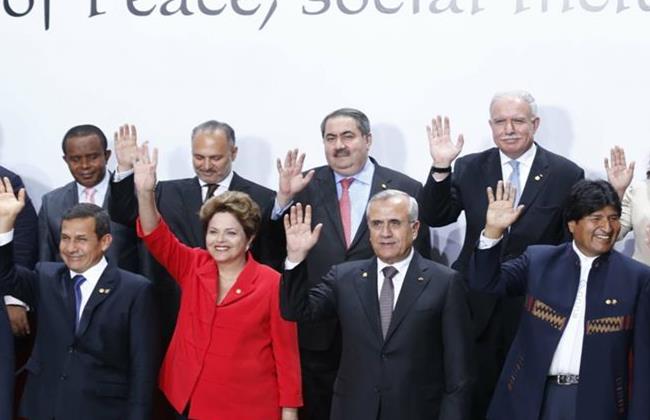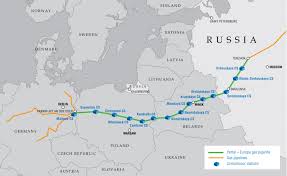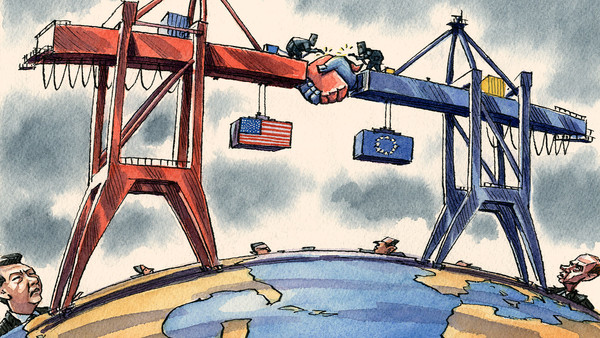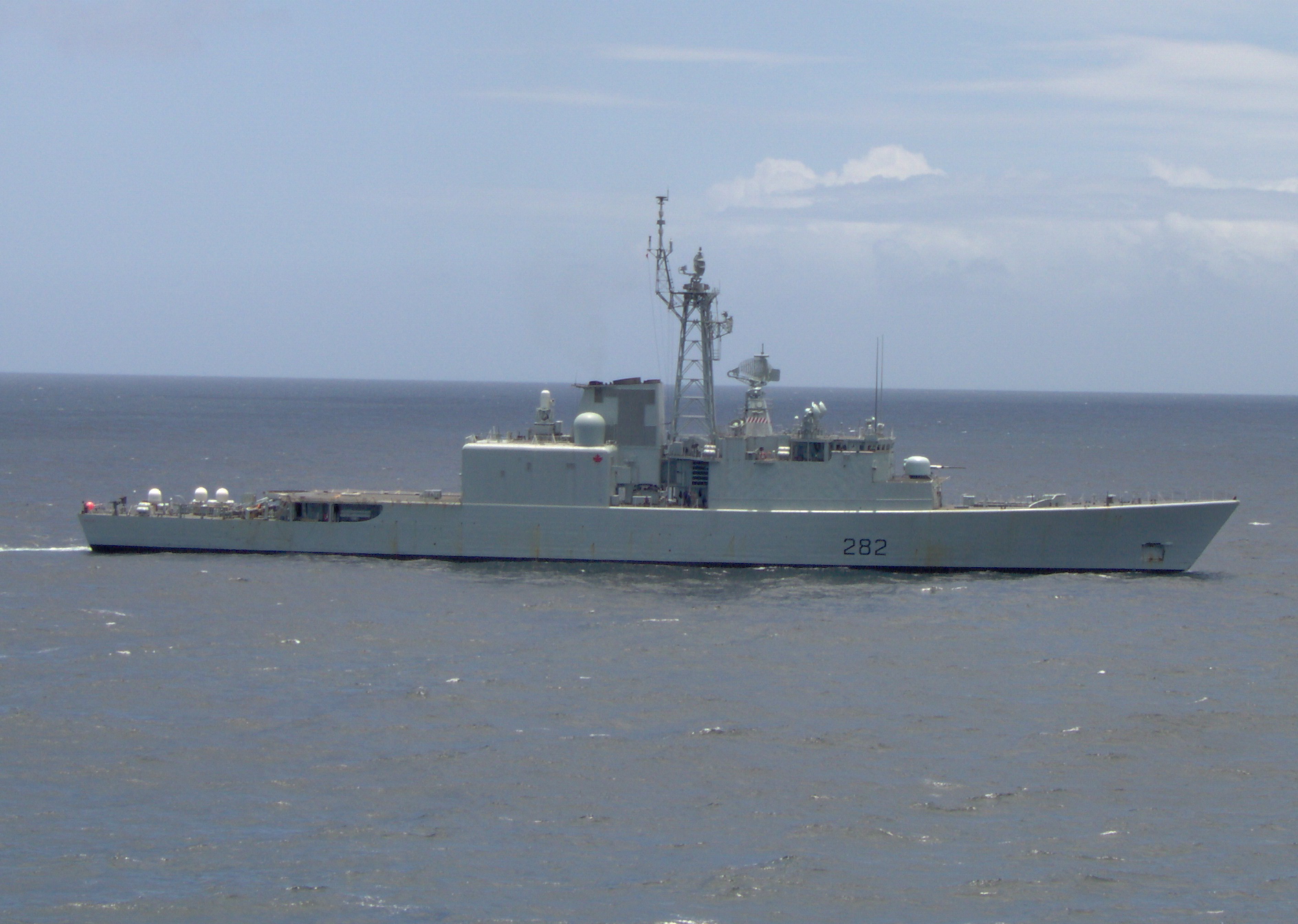Brazil is shaping up to be a global powerhouse. With strong economic growth, vast reserves of untapped natural resources, and democratic stability, the country is becoming an attractive partner for commercial and political relationships. Brazil has made its presence known in many international negotiations, ranging from those dealing with finance to trade, and from climate to disarmament. Brazil is also a member of important international organizations, such as the Food and Agriculture Organization and the World Trade Organization. It has also distinguished itself as a leader in the Global South by means of its membership in a number of exclusive international forums including the G-20 and the BRICS.
As an established force in Latin America and an emerging world power, Brazil employs a foreign policy focused on maintaining its political and economic hegemony in the region and reaching out beyond South America to create new partnerships worldwide. Brazil’s foreign policy has generally been founded on the principles of multilateralism, peaceful resolutions to international conflict, and non-intervention.
Until the new millennium, the Middle East had not been an area of diplomatic importance for Brazil, rather, Brazil’s foreign policy goals were focused on strengthening economic ties with NAFTA and EU members. When Luiz Inacio “Lula” da Silva came to power in 2003, he shifted Brazil’s foreign policy focus to strengthen Brasilia’s relationship with the Middle East, in an effort to expand the country’s international presence, in what had been a growingly uncertain political climate.
Why the Middle-East?
One of the main reasons behind Brazil’s bilateral relationship with the Middle East lies in Brazil’s demography. Brazil has the largest concentration of Arabs outside the Arab world, with nine million Brazilians of Arab ancestry. There are also approximately seven million people of Lebanese descent in Brazil, surpassing Lebanon’s own population, which is estimated to be 4.4 million.
A Brazil-Arab partnership is sure to create commercial opportunities for both regions, as well as help further Brazil’s ambitions of securing a permanent seat on the United Nations Security Council. The Brazilian Foreign Policy Handbook, published in 2008 by the Lula administration, traces Brazil’s linkages with the Middle East to its Iberian roots and heavy immigration from Syria and Lebanon in the late 19th century.
Ambassador Celso Amorim, Lula’s Foreign Minister from 2003 to 2011, was the architect behind Brazil’s new strategic partnership with the Middle East. In Brazil and the Middle East, an article written by Amorim in 2011, he states that following President Lula’s eight years in office, Brazil has reached a new height in global politics, attributing this success to “a ‘bold and activist’ foreign policy, as befits the country’s dimensions and potential”.
“From South America to Africa, from ‘global dialogue’ with the U.S. to a ‘strategic partnership’ with the European Union, Brazil’s diplomatic activity in the last part of the first decade of the twenty-first century has been intense”. Amorim states that Brazil’s diplomatic relationship with the Middle-East is unique when compared to the efforts of other traditional Western Powers because of the distinct differences in its interests. Brazil, which is rich in natural resources, does not depend on the Middle East for oil, and therefore “Brazil has no major direct national security concern at stake there”. He explains that Brazil faces many challenges with its foreign policy including its low numbers of diplomats and Foreign Service officers, and lack of intelligence gathering capabilities.
One of Amorim’s first initiatives as Foreign Minister was to push for the creation of the Summit of South American-Arab Countries (ASPA). One of the major achievements of the ASPA was the opening of the Arab market to the Brazilian industrial and manufacturing sectors, which significantly impacted trade relations. Within the first two years after the first ASPA meeting held in Brazil in May 2005, “trade exchange between Brazil and the Arab countries increased by 60%”. The second ASPA meeting, held in Doha in March 2009, helped Brazil emerge onto the global stage as a force to be reckoned with in matters of economic policy.
Brazil still faces many challenges. As it stands, Brazil has not been able to fully exploit its export capacity in the Middle East. Although the trade between these two regions has been increasing steadily, Brazil still only accounts for less than 5% of market share in countries such as Saudi Arabia, Qatar, United Arab Emirates and Iraq. Additionally, Brazil struggles to acquire direct foreign investments from the Arab countries, which still have a preference for European, Asian and North American markets.
Following the FIFA World Cup 2014, and in the midst of the upcoming 2016 Rio Olympics, Brazil is at the forefront of the global stage. It is time for Brazil to start expanding beyond its traditional economic trade relations, and strengthen its relationship with the Middle East. In order to do so, Brazil must improve its diplomatic skills and strengthen its internal policies and human resources. Such a move would be befitting of its national values of peace, universalism, solidarity, development, and respect for international law, and is necessary to aid the construction of a new and peaceful order in the Middle East.




